South Africa’s agricultural landscape is marked by its diverse and fertile regions, making it an ideal location for producing high-quality organic foods. One such product that has gained worldwide acclaim is organic raisins. Sourced from vineyards situated in the country’s sun-drenched valleys, South African organic raisins offer a delightful mix of taste, health benefits, and sustainability. In this article, we will delve into the world of organic raisins in South Africa and explore why they are gaining popularity among health-conscious consumers. 1. Unique Growing Conditions: The nutrient-rich soils and favorable climate conditions in South African regions such as the Orange River Basin and the Klein Karoo offer the perfect environment for organic grape cultivation. These regions benefit from ample sunshine, limited rainfall, and temperature fluctuations, creating an ideal balance that enhances the flavor and quality of the grapes. This natural setting ensures that South African organic raisins boast a unique taste profile that sets them apart from their counterparts.
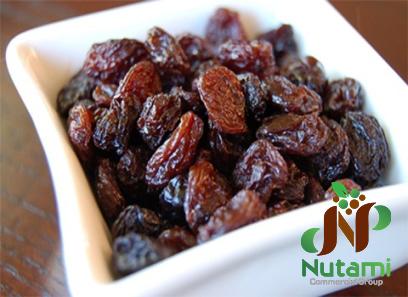
.
 2. Organic Farming Practices: Organic raisin production in South Africa adheres to strict organic farming principles. Farmers employ sustainable agricultural practices, including organic fertilizers, natural pest control measures, and crop rotation, ensuring the preservation of soil health and ecosystem biodiversity. These environmentally-friendly methods not only promote the well-being of the environment and farm workers but also yield high-quality and uncontaminated raisins. 3. Health and Nutritional Benefits: South African organic raisins offer numerous health benefits. They are packed with essential nutrients, including dietary fiber, vitamins, and minerals. Raisins are an excellent source of energy and are renowned for their antioxidant properties. They are also free from artificial additives, preservatives, and pesticides that are commonly found in conventional raisin production.
2. Organic Farming Practices: Organic raisin production in South Africa adheres to strict organic farming principles. Farmers employ sustainable agricultural practices, including organic fertilizers, natural pest control measures, and crop rotation, ensuring the preservation of soil health and ecosystem biodiversity. These environmentally-friendly methods not only promote the well-being of the environment and farm workers but also yield high-quality and uncontaminated raisins. 3. Health and Nutritional Benefits: South African organic raisins offer numerous health benefits. They are packed with essential nutrients, including dietary fiber, vitamins, and minerals. Raisins are an excellent source of energy and are renowned for their antioxidant properties. They are also free from artificial additives, preservatives, and pesticides that are commonly found in conventional raisin production.
..
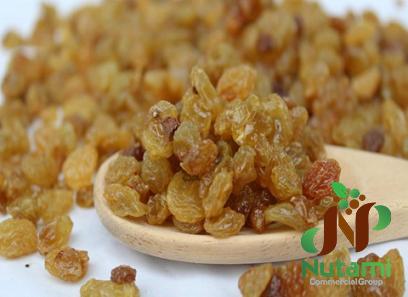 This makes them a healthier option for consumers looking to incorporate a nutritious snack into their diet. 4. Social and Economic Impact: The cultivation of organic raisins in South Africa has a positive impact on local communities. By embracing sustainable farming practices, organic raisin producers promote fair labor practices and provide employment opportunities. Moreover, the demand for organic raisins helps support the livelihoods of small-scale farmers, many of whom rely on agriculture as their primary source of income. The growth of the organic raisin industry has acted as a catalyst for rural development and economic empowerment in these regions. 5. Export Potential: South African organic raisins have gained prominence in global markets due to their superior quality. The country’s commitment to organic farming practices, coupled with its ability to produce raisins with unique flavor profiles, has attracted the attention of international buyers.
This makes them a healthier option for consumers looking to incorporate a nutritious snack into their diet. 4. Social and Economic Impact: The cultivation of organic raisins in South Africa has a positive impact on local communities. By embracing sustainable farming practices, organic raisin producers promote fair labor practices and provide employment opportunities. Moreover, the demand for organic raisins helps support the livelihoods of small-scale farmers, many of whom rely on agriculture as their primary source of income. The growth of the organic raisin industry has acted as a catalyst for rural development and economic empowerment in these regions. 5. Export Potential: South African organic raisins have gained prominence in global markets due to their superior quality. The country’s commitment to organic farming practices, coupled with its ability to produce raisins with unique flavor profiles, has attracted the attention of international buyers.
…
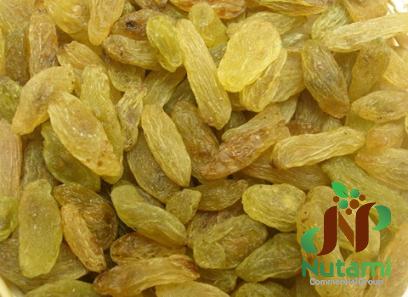 As a result, South Africa has emerged as a leading exporter of organic raisins, reaching consumers all around the world. Conclusion: As consumers become more conscious about the origin and quality of their food, South African organic raisins have positioned themselves as a premium choice. With their exceptional taste, nutritional benefits, and commitment to sustainable farming practices, organic raisins from South Africa are setting new standards for the global organic food industry. By supporting South African organic raisin producers, consumers can enjoy a delectable and nutritious snack while contributing to environmental sustainability and community development.
As a result, South Africa has emerged as a leading exporter of organic raisins, reaching consumers all around the world. Conclusion: As consumers become more conscious about the origin and quality of their food, South African organic raisins have positioned themselves as a premium choice. With their exceptional taste, nutritional benefits, and commitment to sustainable farming practices, organic raisins from South Africa are setting new standards for the global organic food industry. By supporting South African organic raisin producers, consumers can enjoy a delectable and nutritious snack while contributing to environmental sustainability and community development.

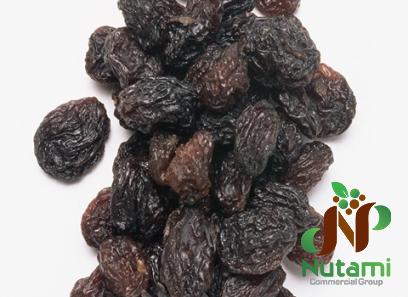
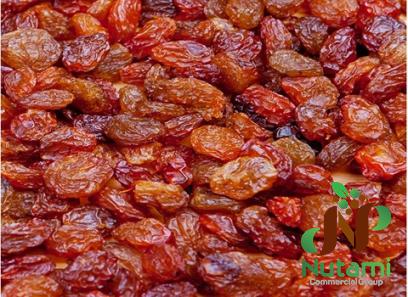
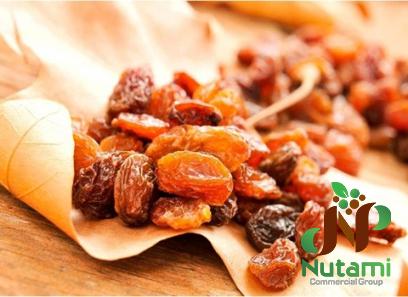
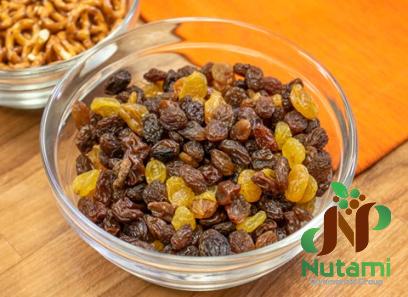
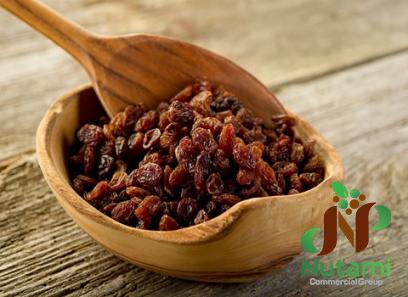

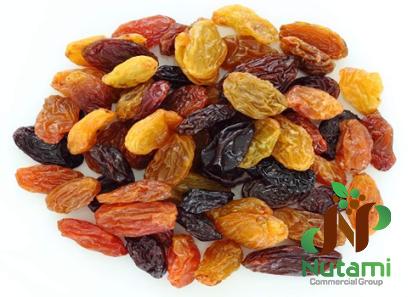
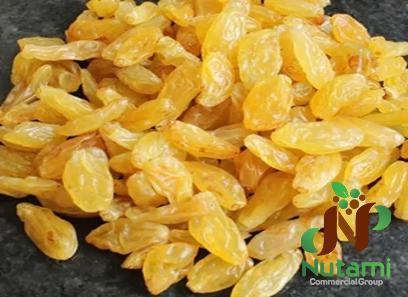
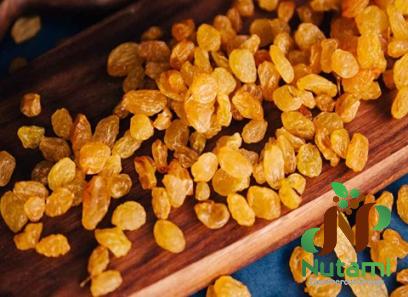
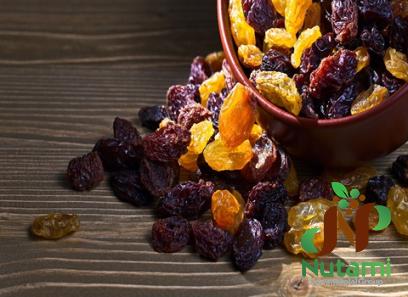
Your comment submitted.